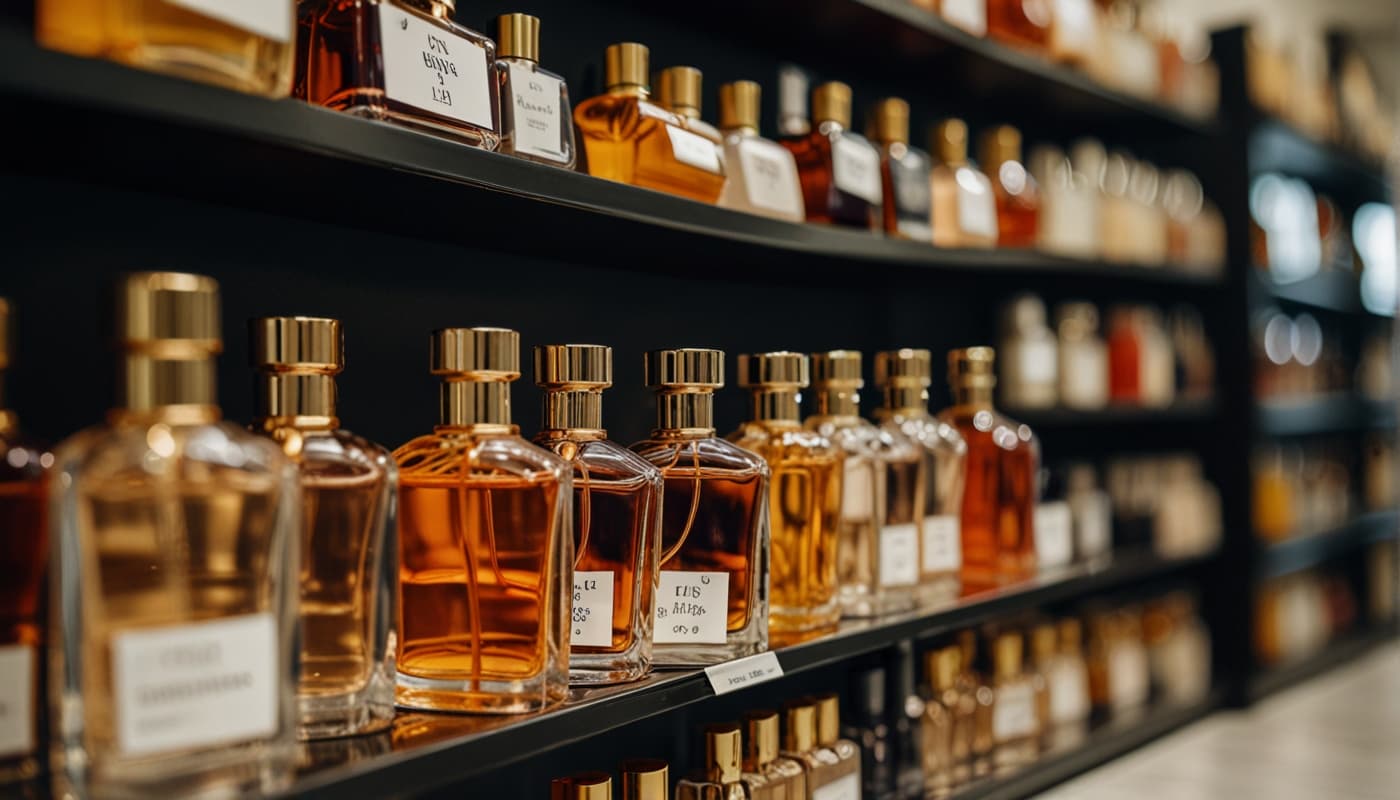article
Consumer Behavior: Seasonal Changes in Perfume Buying Habits
The fragrance industry, with its intricate blend of artistry and commerce, is significantly influenced by the changing seasons. Consumer behavior in perfume buying exhibits distinct patterns that shift with the weather, festivities, and even changes in personal mood and preferences throughout the year. This article delves into how seasonal changes impact perfume buying habits, exploring the underlying psychological, cultural, and marketing forces that drive these variations.
Understanding Seasonal Preferences in Fragrance
Seasonal changes affect not only the environment but also influence human senses and emotions. Perfumes, inherently linked to the senses, are thus chosen not only to complement an outfit but also to resonate with the ambient mood and weather. In the perfume industry, it is well-recognized that consumer preferences shift from lighter fragrances in the spring and summer months to warmer, deeper scents during autumn and winter.
Spring and Summer: During these months, consumers gravitate towards lighter, fresher scents. Floral and citrus notes are particularly popular, mirroring the blooming flowers and the zest of summer fruits. Fragrances such as eau de toilettes are favored due to their lighter and less overwhelming scent profile. This shift is not merely a matter of personal preference but is also influenced by the practical aspect of the fragrance’s interaction with the human body; warmer temperatures can intensify perfumes, making heavy scents potentially overpowering.
Autumn and Winter: As the climate cools, consumers often seek out warmth and comfort in their fragrance choices, opting for notes of amber, musk, and spices. These scents, which are more pronounced and have a stronger sillage, are comforting during the colder months. They also tend to linger longer, suitable for the heavy clothing and indoor environments typical of winter. Seasonal festivities during these months, such as Christmas and New Year, also promote the use of more luxurious, bold scents.
Psychological and Cultural Influences
The psychological impact of scents cannot be overstated. Fragrances have the power to evoke memories, enhance moods, and even affect confidence levels. Seasonal changes often bring about shifts in mood and behavior—spring can signal renewal and rejuvenation, while autumn might evoke feelings of nostalgia. Perfumes are often chosen to align with these inner changes, providing a form of olfactory expression that matches an individual’s emotional landscape.
Culturally, seasons carry various significances and are marked by different celebrations and social activities. For instance, summer might include vacations and outdoor social gatherings, influencing consumers to choose bright, lively scents. Conversely, winter is often a time for intimate gatherings, promoting the use of richer, more enveloping fragrances.
Marketing Strategies and Consumer Behavior
The fragrance industry is acutely aware of these seasonal shifts and often plans marketing strategies around them. Limited edition seasonal releases are common, with packaging and advertising campaigns designed to reflect the aesthetic of the season. For example, summer fragrances might feature bright, vibrant packaging and be marketed alongside images of beaches or tropical locales, while winter fragrances could be encased in dark, opulent bottles with promotions highlighting indoor luxury and warmth.
Retailers also adjust their strategies based on these trends. In-store displays, online marketing content, and even the organization of the perfume counters reflect the current season’s most sought-after scents. Promotions and discounts are often timed to coincide with seasonal shopping trends, such as holiday gifts or spring weddings.
Challenges and Opportunities
While capitalizing on seasonal trends offers opportunities for boosting sales and engaging consumers, it also presents challenges. The need to constantly innovate and stay ahead of consumer expectations can be demanding. There is also the risk of unsold stock if a particular seasonal fragrance does not resonate as expected with consumers.



